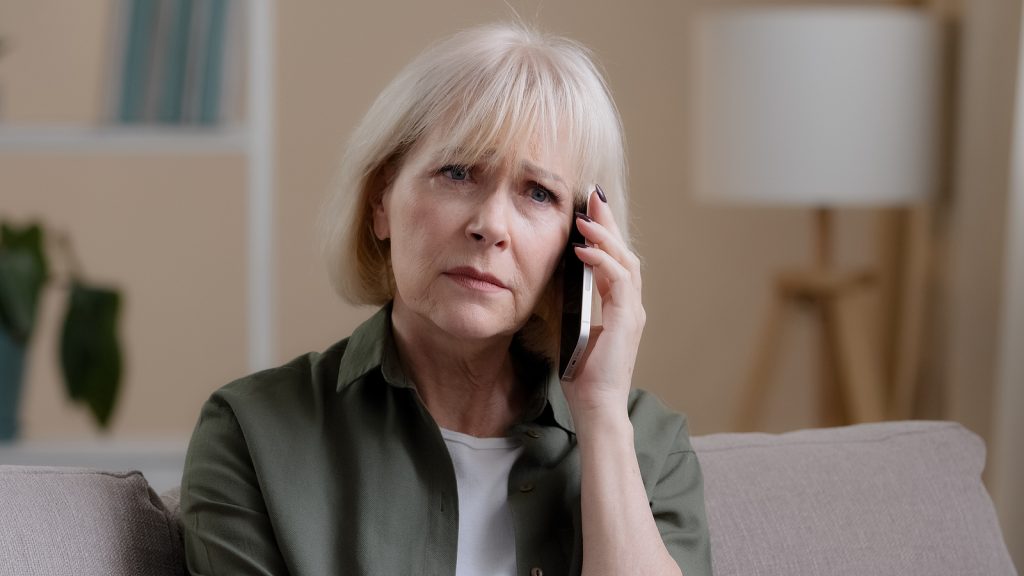
Social anxiety is a common mental health condition that is characterized by excessive fear and anxiety in social situations. It can cause individuals to avoid social interactions and limit their ability to lead fulfilling lives. Some people may wonder if social anxiety gets worse with age, and whether the symptoms might change over time. In this article, we will explore the relationship between social anxiety and age, including the prevalence of social anxiety in older adults, the potential causes of social anxiety in older adults, and strategies for managing social anxiety in older age.
Prevalence of Social Anxiety in Older Adults
Social anxiety is a common mental health condition that can affect individuals of all ages. However, some research suggests that the prevalence of social anxiety may be lower in older adults compared to younger adults. This may be due to a number of factors, such as increased resilience and coping strategies developed over time, or a decrease in social interactions as people age. However, it’s important to note that social anxiety can still occur in older adults and it’s not limited to a certain age group.
Potential Causes of Social Anxiety in Older Adults
There are several potential causes of social anxiety in older adults. Some of these include life changes such as retirement, loss of a loved one, or a decline in physical health. Additionally, older adults may also experience a decline in cognitive function, which can make it more difficult for them to navigate social situations. Social isolation and loneliness can also contribute to the development of social anxiety in older adults.
Strategies for Managing Social Anxiety in Older Age
If you’re an older adult experiencing social anxiety, there are several strategies that you can use to manage your symptoms. One strategy is to seek professional help, such as counseling or therapy. Cognitive-behavioral therapy (CBT) and exposure therapy are particularly effective in treating social anxiety. Medications such as selective serotonin reuptake inhibitors (SSRIs) may also be used to reduce symptoms of social anxiety. Additionally, social support groups can also be helpful for older adults with social anxiety.
Importance of early intervention and prevention
It’s important to note that early intervention and prevention can be crucial in managing social anxiety, especially in older adults. When social anxiety is not treated, it can lead to increased isolation and a decrease in the quality of life.
Older adults experiencing social anxiety should be encouraged to seek help as soon as possible. Prevention measures like providing education and awareness about social anxiety and its symptoms, and encouraging older adults to seek help if they are experiencing social anxiety symptoms can be important steps in managing and preventing social anxiety. Additionally, encouraging older adults to engage in social activities and maintain social connections can also be a preventative measure.
It’s also important for healthcare providers to be aware of the possibility of social anxiety in older adults and to screen for it regularly in order to provide early intervention and prevention. With early intervention, older adults can be provided with appropriate support and treatment, which can help them to manage their social anxiety and improve their quality of life.
Conclusion
Social anxiety is a common mental health condition that can affect individuals of all ages, including older adults. While the prevalence of social anxiety may be lower in older adults, it’s important to note that it can still occur in older adults. Potential causes of social anxiety in older adults include life changes, physical and cognitive decline, and social isolation. If you’re an older adult experiencing social anxiety, it’s important to seek professional help and consider strategies such as counseling, therapy, medication and support groups. With the right treatment and support, older adults can manage their social anxiety and improve their quality of life.






